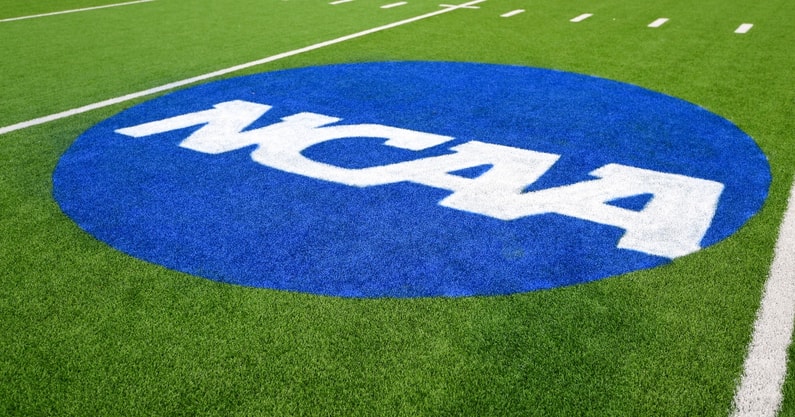ESPN insider details how unequal revenue sharing could soon make its way to NCAA

ESPN insider Pete Thamel went on “SEC This Morning” to discuss several topics affecting college football today. That included revenue sharing in college athletics.
“I think we will see more unequal revenue sharing soon, I think that’s going to inevitably happen in the ACC.” Pete Thamel said. “If Oregon and Washington are staying in the Pac-12, there’s going to be some unequal (revenue sharing) and I do think it eventually comes to the SEC and it eventually comes to the Big Ten because you can’t win the national titles like it’s Clemson (sharing) football money with Duke football. They’re not carrying the weight.”
“North Carolina basketball gets all the units from making the national title game. Should they be sharing those with Pitt basketball, which stinks right now? There is a sense of, ‘What is fairness?’ Because I think the money was so big for so long that everybody linked arms and said, ‘We’re good.’ But eventually, that’s going to change.”
Traditionally, teams in a conference get equal revenue shares. For instance, money from a media deal is divided evenly among all conference members, even if only one or two are driving that revenue.
As ESPN’s Pete Thamel pointed out, conference realignment could be changing this model soon. Conferences might give their top schools extra revenue to incentivize them to stay. Others might do it to incentivize a new team to join. Or, as conferences balloon in size, they simply change their models to reflect a new reality.
Top 10
- 1Breaking
Cederian Morgan commits
Alabama lands 5-star
- 2New
NCAA transfer waiver
One-time new transfer window
- 3
10 fastest players in CFB
EA Sports reveals ranings
- 4Hot
National High School Rankings
Way Too Early Top 25
- 5
Ranking SEC schedule
Toughest to easiest
Get the On3 Top 10 to your inbox every morning
By clicking "Subscribe to Newsletter", I agree to On3's Privacy Notice, Terms, and use of my personal information described therein.
Boise State already benefits from unequal revenue sharing
While they’re not in a power conference, the Boise State Broncos already benefit from the type of unequal revenue sharing described by ESPN’s Pete Thamel.
The Mountain West allows Boise State to negotiate its own home games, which means they earn about $1.8 million more annually from their media than other Mountain West schools do. When the Mountain West threatened to take this added benefit away, Boise State filed a lawsuit.
Ultimately, this gives Boise State an advantage over its peers. However, without it, Boise State could leave and potentially hurt the value of the conference overall.